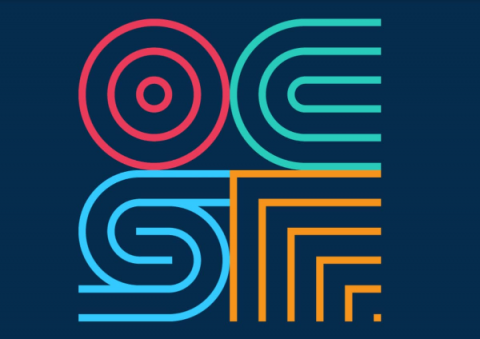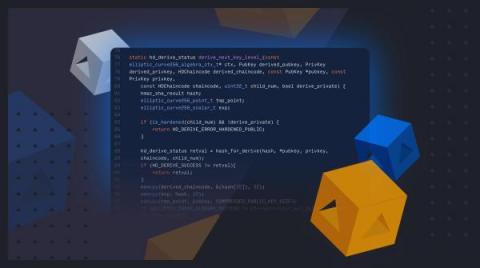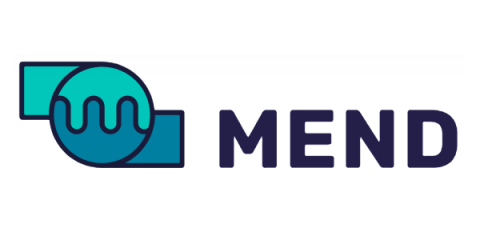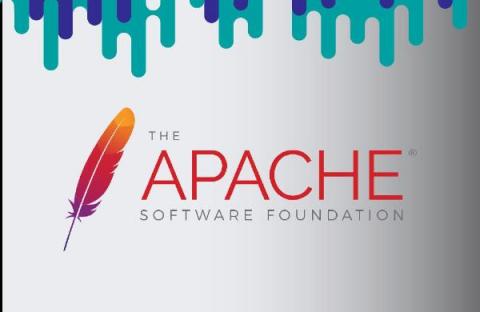Security | Threat Detection | Cyberattacks | DevSecOps | Compliance
Latest News
Tips and Tools for Open Source Compliance
You don’t need us to tell you that open source software is becoming a very significant percentage of commercial software codebases. Open source components are free, stable, and enable you to focus your resources on the innovative and differentiated aspects of your work. But as the use of open source components increases, compliance with open source licenses has become a complex project of growing importance. So how can you stay on top of compliance and what tools are out there to help?
We're open-sourcing the library that powers 1Password's ability to log in with a passkey
You may have heard that 1Password beta testers can sign into websites using passkeys stored in their vaults. We’re actively developing the internal library powering passkey authentication, and now we’re open-sourcing it!
Open Cybersecurity Schema Framework (OCSF) Takes Flight with v1.0 Schema Release
Fireblocks' MPC-CMP code is Open-Source
In the pursuit of advancing security and transparency in the digital asset industry, Fireblocks has published our MPC-CMP code as open source under a limited license, along with the rest of our MPC library. As the demand for digital asset custody, tokenization, and Web3 among retail and financial institutions continues to rise, Fireblocks MPC-CMP has proven to be the most secure and reliable key management protocol.
Announcing the Open-Source Reliability Leaderboard: A New Resource for Preventive AppSec
We are excited to announce the inaugural edition of the Mend.io Open-Source Reliability Leaderboard! Powered by data from Renovate, the wildly popular open-source dependency management tool, the Leaderboard presents the top packages in terms of reliability across three of the most widely used languages.
Using insecure npm package manager defaults to steal your macOS keyboard shortcuts
Malicious npm packages and their dangers have been a frequent topic of discussion — whether it’s hundreds of command-and-control Cobalt Strike malware packages, typosquatting, or general malware published to the npm registry (including PyPI and others). To help developers and maintainers defend against these security risks, Snyk published a guide to npm security best practices.
Top 10 Questions About the Apache License
According to Mend.io research, the Apache 2.0 license is the most popular license of its kind, as 30% of open source licenses currently in use is Apache. Owing to its frequent use, it’s important to understand how the license works, its benefits, limitations, implications, and requirements. To help you, here are ten frequently asked questions about it.
2023 OSSRA deep dive: High-risk vulnerabilities
Research with Snyk and Redhunt Labs: Scanning the top 1000 orgs on GitHub
Open source code is a vital aspect of modern development. It allows developers to increase their application’s functionality, while reducing overall development time. However, the system isn’t perfect. The nature of third party software and it’s dependencies often creates opportunity for security vulnerabilities to lurk in libraries and downloads.










